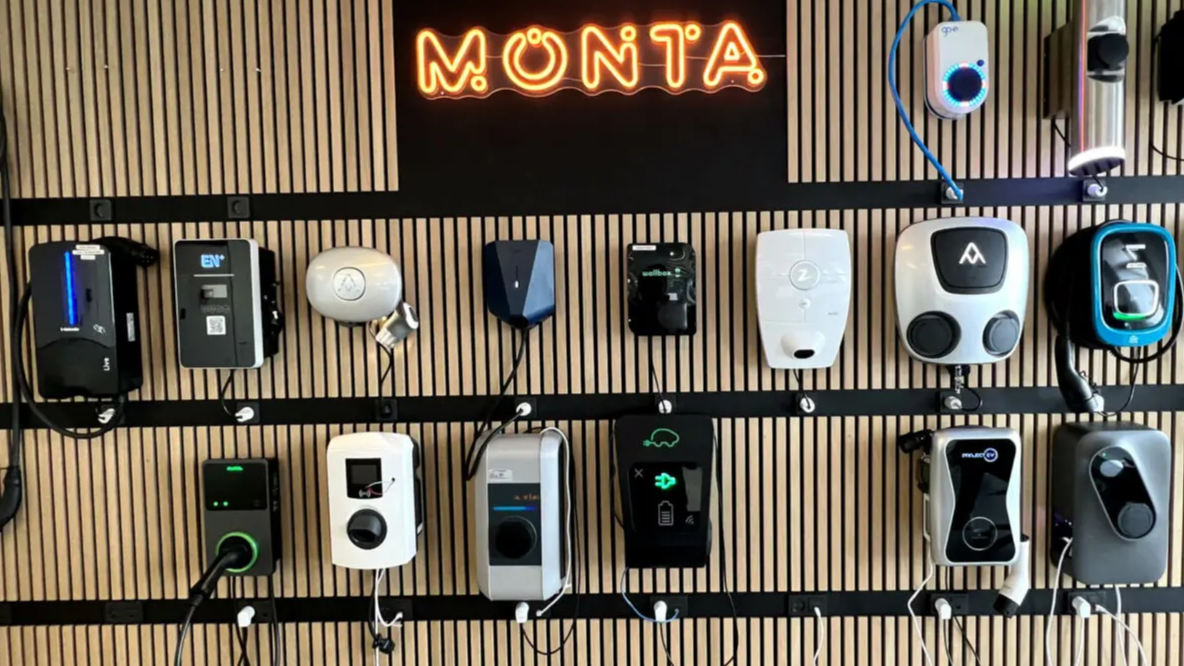EV charging management platform Monta has raised €30 million, increasing its valuation to €155 million.
The latest financing round brings the platform’s total funding raised to €50 million.
The company, which describes itself as the only “all-in-one” platform of its kind, said it would use the funding to open up new markets, create transparency in the electricity market, and digitise the power grid infrastructure.
“We are aiming to fully digitalize the EV ecosystem to tackle all the immediate challenges within the industry and build toward a more transparent and flexible future,” said Casper Rasmussen, Monta, chief executive. “By partnering with hardware OEMs we can deliver new features straight out of the box, like our new feature that allows operators to set a percentage on top of the spot price in order to follow the market fluctuations and automatically offer a fair price for charging."
Rasmussen added: “The investment from Energize and our returning investors is a strong vote of confidence in our vision, team, and software as the cornerstone of the mobility infrastructure of the future.”
Monta announced plans to expand into North America, while consolidating its existing presence in Scandinavia, the UK, and Germany.
It said to support the needs of the EU and the US - which has set a goal for 50 per cent of its car sales to be EVs by 2030 - Monta will step up its its product innovations and "develop critical features to help EV drivers and charge point owners seamlessly navigate the industry".
Latest News
-
Tech companies forced to remove abusive images in 48 hours under new UK law
-
OpenAI to anchor Tata’s $7bn India data centre push
-
UKRI commits £1.6bn in first AI strategy
-
LSEG launches Model-as-a-Service capability
-
Meta and Nvidia sign multiyear chip deal worth tens of billions of dollars
-
Amazon to open zero carbon delivery station in Stockton-on-Tees
The future-ready CFO: Driving strategic growth and innovation
This National Technology News webinar sponsored by Sage will explore how CFOs can leverage their unique blend of financial acumen, technological savvy, and strategic mindset to foster cross-functional collaboration and shape overall company direction. Attendees will gain insights into breaking down operational silos, aligning goals across departments like IT, operations, HR, and marketing, and utilising technology to enable real-time data sharing and visibility.
The corporate roadmap to payment excellence: Keeping pace with emerging trends to maximise growth opportunities
In today's rapidly evolving finance and accounting landscape, one of the biggest challenges organisations face is attracting and retaining top talent. As automation and AI revolutionise the profession, finance teams require new skillsets centred on analysis, collaboration, and strategic thinking to drive sustainable competitive advantage.
© 2019 Perspective Publishing Privacy & Cookies










Recent Stories